-
Ad Tech
Addressing the privacy issues related to advertising technology and online tracking has been a key focus since FPF’s founding. Increasingly, the mobile advertising space, geo-location tracking, and indoor positioning technologies are at the forefront of online data management, retail, and new consumer offerings. Thus, it is not surprising that regulators, industry leaders, and advocates are taking a hard look at questions about how to appropriately collect and handle consumer data for advertising, location-based targeting, and audience measurement. Additionally, as public awareness of targeted and personalized advertising grows, organizations are pushed to deliver more helpful, relevant ads by less intrusive means. FPF curates a gallery of leading practices, provides up-to-date analysis of emerging and evolving technologies, convenes stakeholders in a monthly working group call, and works with policymakers, advocates, and other stakeholders to support leading privacy practices for the use of location data.
- 2
- 3
-
1 year, 6 months ago
 aa
aa
-
De-Identification
One key method for ensuring privacy while processing large amounts of data is de-identification. De-identified data refers to data through which a link to a particular individual cannot be established. This often involves “scrubbing” the identifiable elements of personal data, making it “safe” in privacy terms while attempting to retain its commercial and scientific value. In the era of big data, the debate over the definition of personal information, de-identification and re-identification has never been more important. Privacy regimes often rely on data being considered Personal in order to require the application of privacy rights and protections. Data that is anonymous is considered free of privacy risk and available for public use. Yet much data that is collected and used exists somewhere on a spectrum between these stages. FPF’s De-ID Project has examined practical frameworks for applying privacy restrictions to data based on the nature of data that is collected, the risks of de-identification, and the additional legal and administrative protections
- 2
- 2
-
1 year, 8 months ago
 Ashith
Ashith
